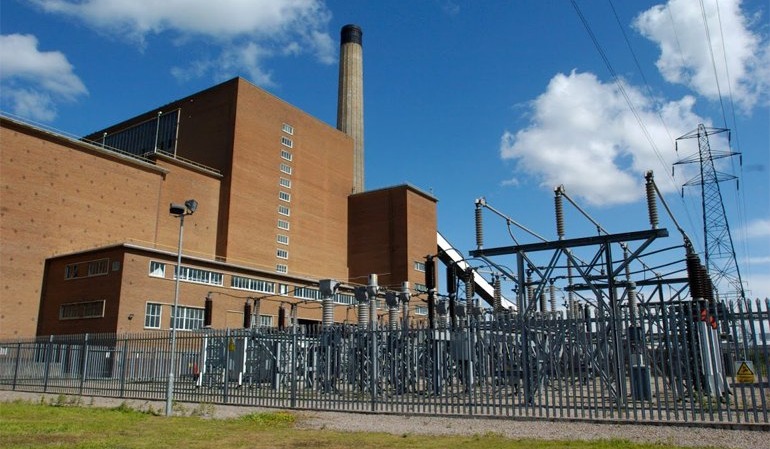Waste to fuel technology could not be more relevant than it is right now with the current energy crisis. Gas and electricity prices are at an all-time high, and industries are looking for alternatives to fuel their plants. In this blog, you will read how waste to fuel technology can help solve the energy crisis and its benefits.
Solve the energy crisis with waste to fuel technology
The current price and availability of gas have forced nations across Europe to move back towards reliance on coal to provide much needed heat and electricity this winter.
As markets react to this major shock, that movement will not reverse in one or five years. Industry experts, in general, agree that industries must use diverse energy production technologies. One of those technologies is waste to fuel technology.
Using alternative fuels offers energy intensive industries the opportunity to diversify fuel supply chains away from coal, reducing their carbon intensity by typically more than 50% without fundamental change to their operation.
This provides an alternative to using scarce, expensive virgin fossil fuels and simultaneously secures major fuel and CO2 taxation costs reductions. Overall, these drivers reduce the cost of electricity, steel and cement production during a time of cost crises whilst extracting the best value from the disposal of non-recyclable waste streams.
Benefits of using waste to fuel technology
Using waste to fuel technology has both ecological and financial benefits. Benefits that are interesting for industries to become future-proof, save costs and help reduce the negative impact on nature.
Financial benefits of using waste as a fuel
For every ton of fossil carbon that is used, 3.6 tons of CO2 is produced. In Europe, industries pay around 75 to 80 Euros per ton of CO2 they emit. Because waste to fuel technology helps reduce CO2 emissions by over half, it also reduces the costs that industries must pay for emitting.
Plus, it is less expensive to use locally sourced residual waste - or even imported waste streams – to produce alternative fuels than importing fossil fuels.
Ecological benefits of using technology to turn waste into fuels
The primary benefit of waste to fuel technology is the massive reduction in CO2 emissions. The net CO2 emission using alternative fuels is more than 50% less than using coal. Furthermore, waste to fuel technology uses materials which have already served a purpose at least once, if not multiple times through recycling, before it is used as fuel.
Take, for example, the packaging materials we use each and every day. Following its use, this material can be recycled a number of times before becoming unrecyclable, at which point it can be incorporated into alternative fuels.
Each and every use cycle reduces the lifecycle environmental impact and carbon intensity of the system, not only achieving direct CO2 reductions when used as an alternative fuel in place of coal.
Do you want to know more about using waste to fuel technology and how it can help your industry? Get insights on reducing emissions and increasing sustainability using our strategic guide. Download the free guide by clicking the button below.



